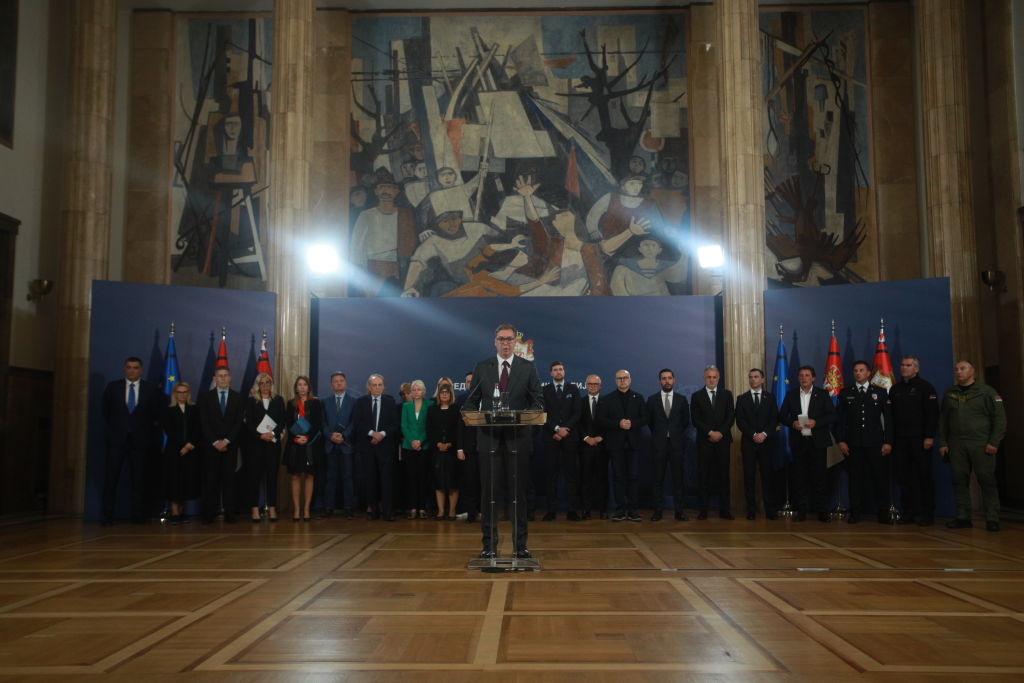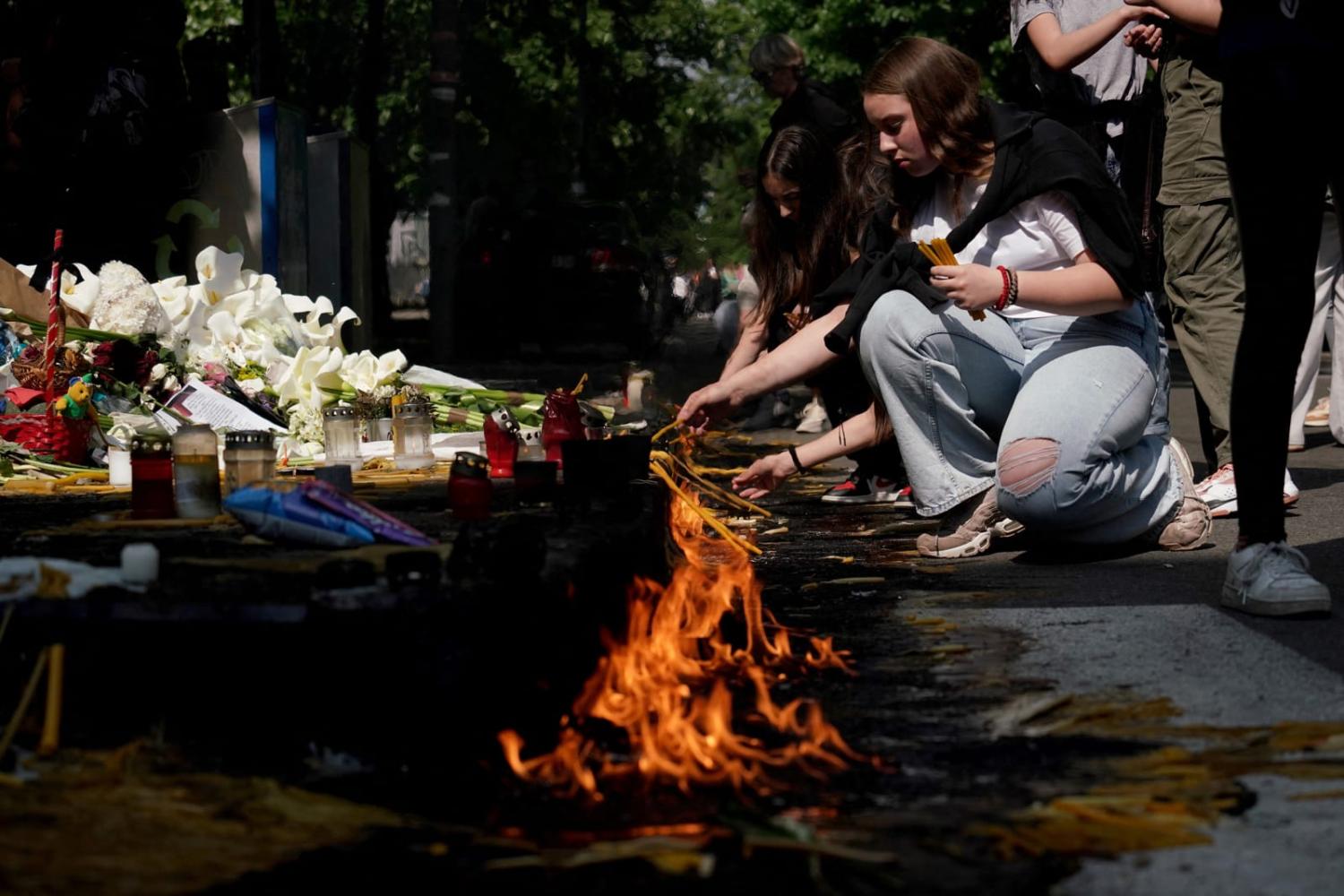Hearts ache at the horrifying events that have unfolded in Belgrade and Mladenovac. A harrowing school shooting in the Serbian capital last week saw a 13-year-old boy allegedly kill nine and injure seven others. A day later followed another shocking incident unfolded in the nearby township of Mladenovac, where a 21-year-old suspect claimed eight lives.
As a community grieves for the victims and their families, gun control measures must be a focus. Mass shootings are commonly associated with the United States – and there was yet another there over the weekend, too. Putting legal restrictions on firearm ownership seems too difficult for America. But not so Serbia.
Serbia already has strict gun laws in place. Even so, civilian gun ownership remains widespread, and many illegal weapons from the Balkan wars of the 1990s are still in circulation. The killings in Belgrade and Mladenovac highlight the urgent need for Serbia to consider additional measures.
In this, Australia’s experience can hold lessons, such as a comprehensive buyback program to remove illegal firearms from circulation. Following the Port Arthur massacre in 1996, Australia implemented the National Firearms Agreement (NFA), a comprehensive program that included a buyback initiative, licensing requirements, and a ban on semi-automatic and pump-action shotguns and rifles. This decisive action has been highly effective, with only one mass shooting occurring since.
For Serbia, collaboration with other Balkan nations can also play a significant role in reducing illegal firearms from circulation and contribute to a safer and more secure region.
In response to the recent killings, Serbia’s President Aleksandar Vučić has announced a moratorium on gun permits, plans for “practical disarmament”, and the hiring of 1,200 new police officers to improve school security. While these measures are a step in the right direction, there is still more that can be done. Vučić could also consider implementing a mandatory waiting period for firearm purchases, similar to Australia’s approach. This waiting period allows for thorough background checks or for potential buyers to reconsider their decision.

Furthermore, he could introduce stricter storage requirements for firearms to ensure they are kept securely and out of the reach of children or unauthorized users. Initiatives should also include a public education campaign to raise awareness about the dangers of firearms and the importance of responsible gun ownership.
And while the motives for these recent attacks are still to be established, further factors including support for mental health must be also considered. While mental health conditions are often unfairly stigmatised as potentially violent, community support and awareness efforts can only assist in efforts to foster a more compassionate society. And at minimum there is a need for medical and psychological checks for gun owners.
Serbia has been grappling with various social and economic issues, including high unemployment, poverty, and political divisions that have persisted since the Balkan wars. These challenges may contribute to feelings of hopelessness and frustration. None of this alone can explain the senseless violence in Belgrade and Mladenovac. Yet in the wake of tragedy, as Australia’s experience has demonstrated, the aim should be to turn grief and sorrow into meaningful action by promoting the implementation of robust gun control measures.

